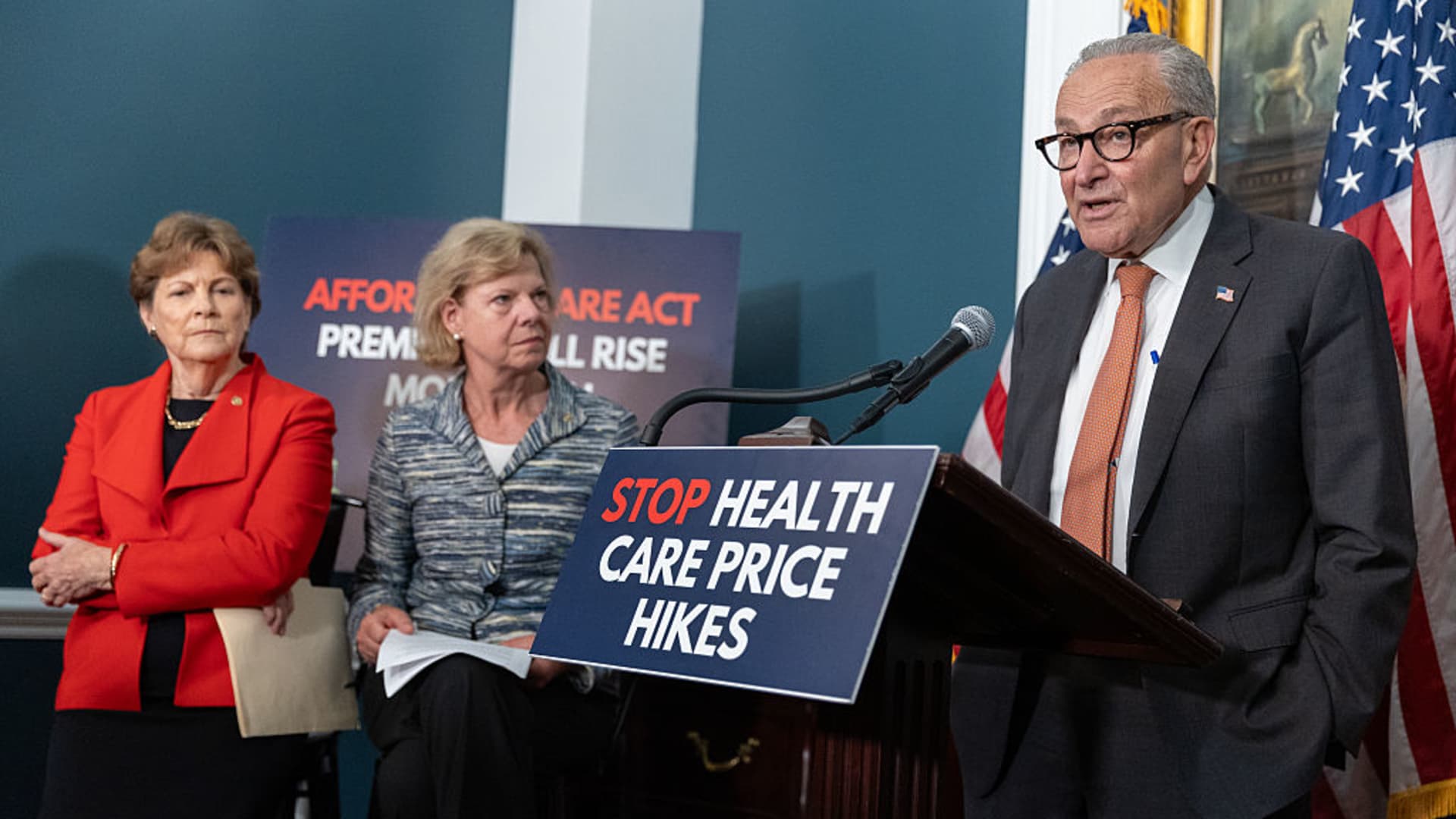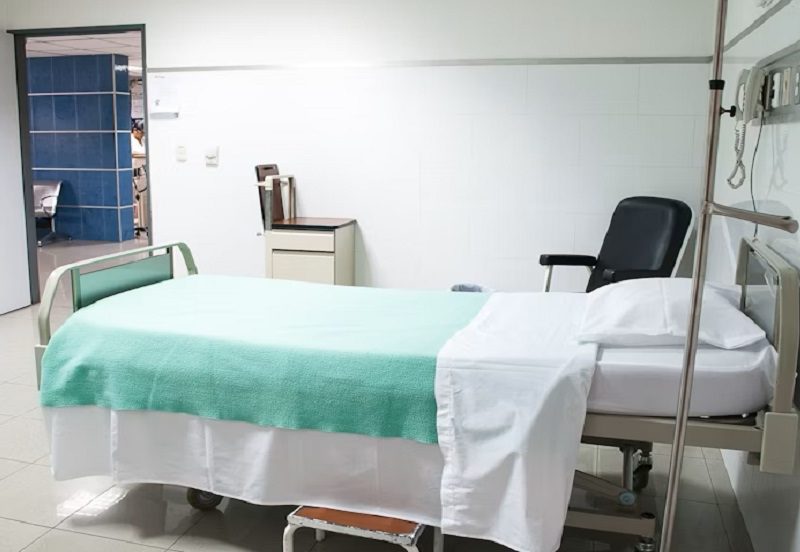
Health-care providers could lose more than $32 billion in revenue if the Affordable Care Act’s enhanced premium tax credits expire this year, as they are on track to do, according to an analysis released Thursday.
The lapse in Obamacare subsidies could also lead to an additional $7.7 billion in unpaid medical bills from uninsured patients, the analysis by the Robert Wood Johnson Foundation and Urban Institute found.
“The burden of this increase in uncompensated care would fall on all provider types: about $2.2 billion on hospitals, $1.0 billion on physician offices, $1.5 billion on prescription drugs, and $3.1 billion on other services,” the report said.
The subsidies — which help lower the cost of health insurance plans purchased on ACA marketplaces — are at the center of the current federal government funding stalemate.
Democrats demand that any stopgap measure to keep the government open beyond next Tuesday include an extension of the enhanced credits. Those credits will expire at the end of this year without congressional intervention.
“The negative effects of allowing these tax credits to expire couldn’t be more stark,” said Katherine Hempstead, senior policy adviser at the Robert Wood Johnson Foundation.
“Millions of people will lose coverage, and providers will face the one-two punch of losing revenue and increasing uncompensated care. Healthcare institutions are often the economic engines of entire communities. If the credits expire, the ripple effects will be felt for years to come,” Hempstead said.
Democrats warn that if the subsidies disappear, the effects on Americans would be widespread.
Average premiums could rise by about 75% for millions of Americans if the subsidies go away, according to KFF, a nonpartisan health policy research group.
“If these subsidies expire, it will be important for federal, state, and local policymakers to consider the potential adverse effects on healthcare access and affordability, as well as revenue losses for providers of all types,” said Fred Blavin, principal research associate at the Urban Institute.
Republicans have said that they are open to discussing extending the subsidies.
But they do not want to include such negotiations in government funding talks.
“[That is] a December policy debate and decision, not a September funding matter,” House Speaker Mike Johnson said last week on CNBC’s “Squawk Box.”



